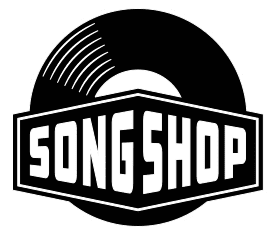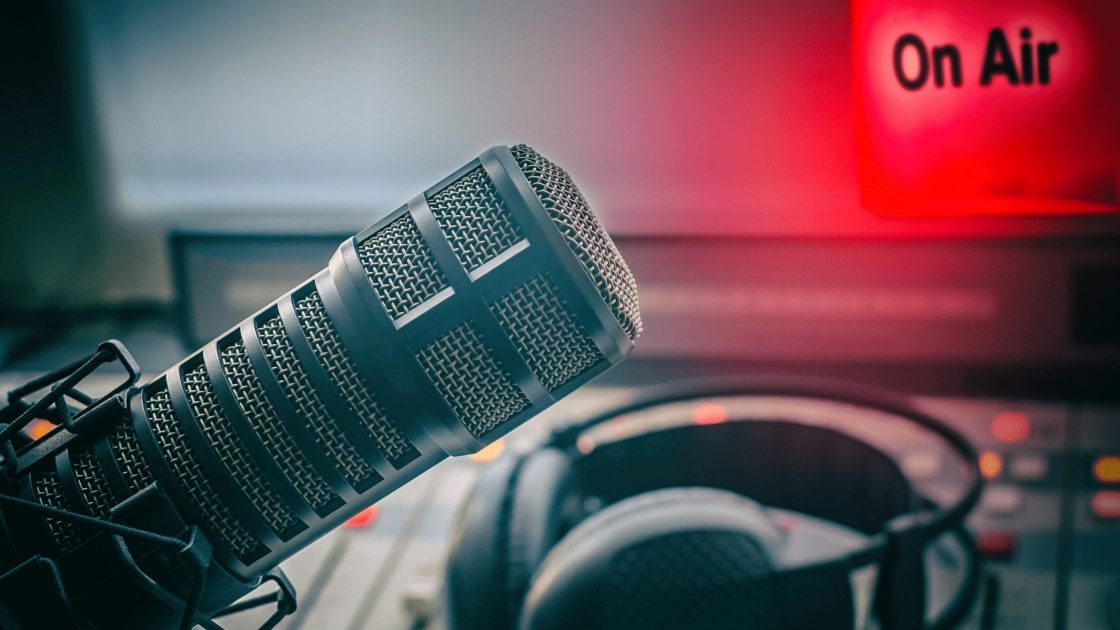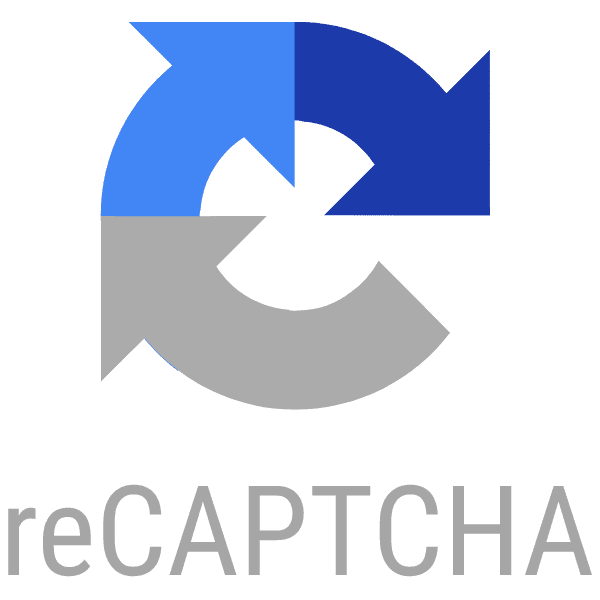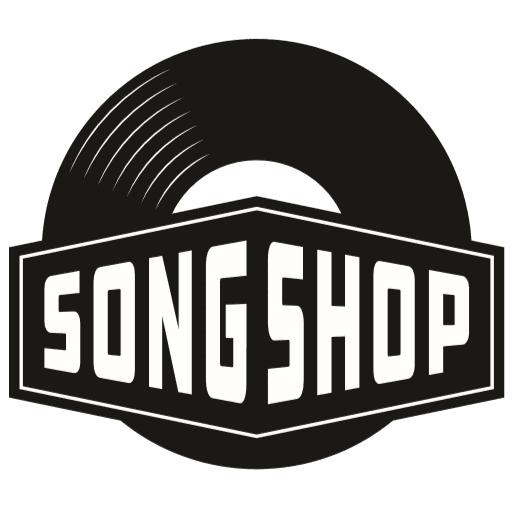DISCLAIMER
Okay – so this is a blog on how to get your music on the radio, but I can’t guarantee that you will get your music on the radio following these steps.
Radio, especially commercial radio, is a super competitive area that is dominated by the big record labels and lots and lots of money. Also, this is going to be how to do things in North America. I have no experience trying to get on radio in Europe, but I have had songs picked up by some stations there!
That being said – I have had success as a small independent artist using these strategies. I’ve made some decent money from royalties, and have even had a few songs crack the Top 100! Which might not seem like a big deal to some, but success can be measured however you want to measure it.
THE SONG
This should probably go without saying, but you need a great song. Your song also needs to be top quality. The production, the mix, the length, EVERYTHING needs to be exactly what the stations are looking for. If you are lucky enough to have a music director at a big name station listen to your song, it has less than 30 seconds to prove itself… WHAT?! Yep. If they don’t love it within the first 30 seconds it’s onto the next one!
These days commercial radio likes things to be three to three and a half minutes long. Anything more is hurting your chances of getting a spin or two. Listen to what the station currently plays. I know artists who have sent certain stations entirely different mixes so it fits in with the style of music they play!
WHERE DO I START?
Start by deciding whether you are going to go the DIY route or hire a professional. This might largely be influenced by how much money and time you have. Each route has it’s pros and cons, but it’s ultimately up to you to decide what currently aligns with your situation!
ALL STATIONS ARE NOT CREATED EQUALLY
What does that even mean?
It means that as far as charts go – only major market stations are included in reporting for things like top 40 hits. If you are looking to try and get some chart numbers, you need to target the stations that report to the major charting systems (BDS, Billboard, etc.) These stations get a WAY higher number of song submissions backed by record labels, because charting is important for top 40 artists.
I would recommend starting with the secondary market stations. They are usually much easier to get in contact with, and LOVE having artists like you for interviews about new releases.
DIY RADIO PROMOTION
What radio stations are you going to target? Do some research and get a list together of stations that your music fits with. In commercial radio this is generally quite easy to do.
Once you know what radio stations you want to start with, the next step is to gather a list and start doing some research. You will need:
- The station name
- The address
- The name of the Music Director or Program Director. Some stations this is the same person. If there is one person for each, start with the Music director
- Phone numbers to reach them at
- Email addresses
- The names of any special new song programming they might do. Ex.) New for you at 2. Or “Mortal Songbat” where new music competes for adds from fan votes
- How the stations like to receive new music
- For commercial radio stations, they like to use digital delivery services. All new music comes through a single database
- Lot’s of stations don’t like direct mail
- Do some research. Some stations explain how to send in music on their websites
Once you know who the program and music directors are at each station, (sigh) do some research (seeing the pattern yet?) It’s good to start building a relationship with them before you start asking them for something. Follow them on social media and interact with what they post. If they have any cool interviews or articles they have written, reach out to them and tell them you really like “article a” and really found it helpful.
I’ve even gone as far as having coffee and donuts delivered to the station office with a note saying it’s from our band. Give them reasons to love you before they have even heard your music.
Okay, so now you need to put together a press kit to deliver to the stations. This should be something that works well electronically, and also can work as a physical print out. Your press kit should have:
- A short bio
- Photo’s
- Information about the release
- Contact info (website, email, socials, etc.)
It’s time to get down to business. This is going to be time consuming. But I know artists who have gone this route and in the long run it really has worked well for them.
- Upload your song to the digital database
- Yangaroo is a great service for this. They deliver music to radio stations all around the world.
- Get your promotional materials together. You have a few options here.
- Put together a direct mail promo pack. This contains a one sheet, maybe some swag, and something nice for the radio station ( a signed hat or album with their name??). This can be expensive if you are going after tons of radio stations. A good idea is to target a small group of stations that are a bit more difficult to crack with this strategy. (a.k.a. reporting stations)
- Put together a promo email. Don’t just type up something in your gmail account. Use an email delivery service where you can add nice graphics, links, your one sheet, buttons, etc. Make this look VERY professional. These music and program directors can get hundreds of emails with new music per day. It NEEDS to stand out.
Once you have your packages put together and send everything out, it’s time to wait a little bit. Give it a few days, and then you can start on the next step – make some phone calls.
This part is going to take some consistency. You might not be able to get the Music or Program director on the phone until your second, or third call. You need to know what you are planning on saying when you do get the chance to talk to someone. Get to the point, but don’t be desperate or rude.
- Be polite, say your band/artist name.
- Ask if they received your mail/email.
- Ask if they have had a chance to listen to your single
- See if they would consider it for a spin during their “new music” feature.
- They are more likely to feature you for a spin or two over a direct add to rotation.
- Say thank you for their time.
If they haven’t listened to your song yet, wait a day and send a thank you follow up email with a reminder to listen to your song. Wait a week and call again.
Some folks might say making phone calls is a bad route to take, but I think picking up the phone and actually calling someone is a way better way to build a relationship over sending four follow up emails.
HIRE A RADIO TRACKER
What is a Radio Tracker?? They are someone who takes care of EVERYTHING I just described above (aside from direct mail campaigns, you will need to work with them for that).
You hire them for the relationships they already have with the Music and Program Directors at each station. They essentially promote your song to every radio station you request and have a list of stations they generally work with.
Hiring a radio tracker can be an awesome way to quickly get your song on the airwaves, but there is still no guarantee that they can get your song some spins.
This will also cost you some money. The more stations and larger the campaign, the more money you will need to spend. I have had some great, and not so great experiences with trackers before. Make sure you get reviews from other artists who have worked with them, and trust your gut.
You don’t need to do any leg work if you want to hire a radio promoter, so it is much less time consuming!
How to find them? A simple “your country radio promotion” Google search should get you started!
TIME TO HIT THE AIRWAVES
It’s no denying that getting your music on commercial radio is an impressive undertaking. Radio is still a vital part of the music industry today, and if you are chasing commercial success it’s still something you need to consider when making plans and goal setting!
Do you have any tips on how to get your song on the radio?
Leave them in the comments!




One Response
Love this Blog Steven it sounds wonderful although I do know a few producers it is not easy.But then you never said it was.I like being a songwriter and enjoy music but I feel that sometimes these directors that listen to new recordings are not really with it as regards how hard we work to produce a song.But your blog is really informative thank you